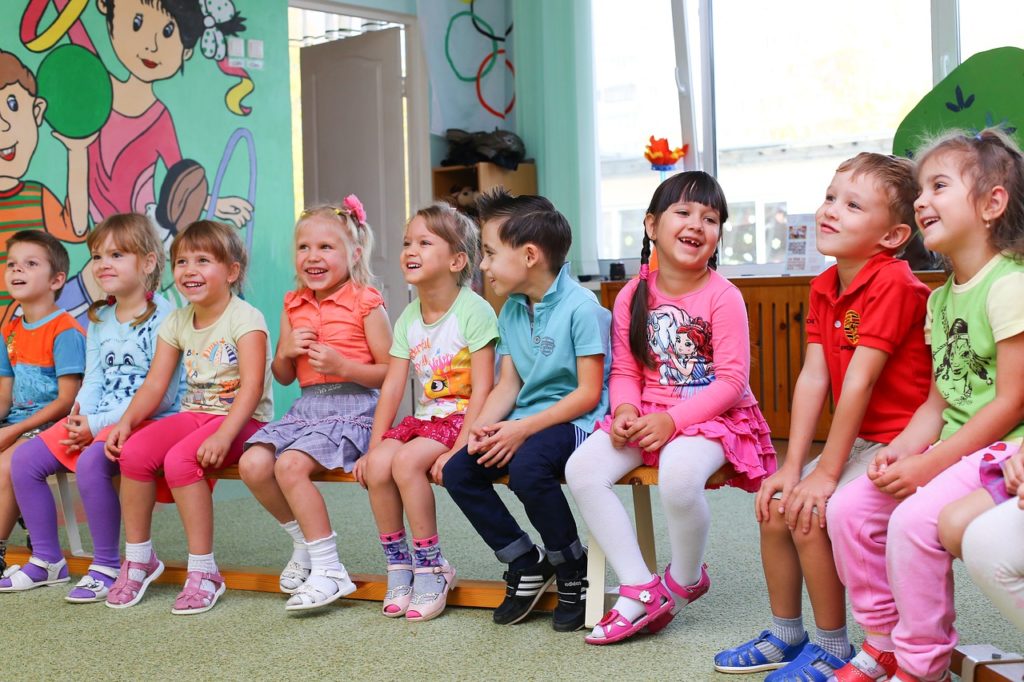
In most states in the USA, the age requirement to start kindergarten is five-years-old, but some children began in their fourth year of life. In Denmark, children begin school the year they turn six, which can create a wide span in development. For example, a child that turns six in January of the year can be in the same class as a child that turns the same age 11 months later.
Most US states have a cut off date that you have to reach the age of five by either in the summer or fall of the kindergarten year, but even six months age difference is huge in such a young child’s social and emotional development. Parents often chose to “red shirt” their child, especially boys, and start kindergarten a year later. Research supports this delayed start.
The study was published four years ago, yet there has not been much response from public schools in the United States. The positive results of delayed kindergarten were not short-lived but found to still persist when children were 11 years old.
According to the study co-authored by Stanford Graduate School of Education Professor Thomas Dee, children who started kindergarten a year later showed significantly lower levels of inattention and hyperactivity, which are jointly considered a key indicator of self regulation. The beneficial result was found to persist even at age 11.
“We found that delaying kindergarten for one year reduced inattention and hyperactivity by 73 percent for an average child at age 11,” Dee said, “and it virtually eliminated the probability that an average child at that age would have an ‘abnormal,’ or higher-than-normal rating for the inattentive-hyperactive behavioral measure.”
Stanford Gradute School of Education
It’s important to note this study did not find that children did better academically from a delayed start but focused on the social and emotional benefits. Improved self-regulation clearly affects all aspects of a child’s education.
In the psychology realm, the measure of inattention and hyperactivity – the mental health traits behind Attention Deficit Hyperactivity Disorder – effectively reflects the concept of self regulation. A higher level of self regulation, which describes a person’s ability to control impulses and modulate behavior in attaining goals, is commonly linked to student achievement.
Stanford Gradute School of Education
Ask any preschool or primary teacher about the importance of self-regulation in a young child, and they will tell you a large portion of their day is spent correcting and teaching this behavior. Some children seem to naturally possess these skills, whereas others can’t resist the urge to act impulsively by hitting another child or climbing on furniture, for example.
This study was quite large involving 54,241 children at age seven and 35,902 children at the follow-up age of 11. The authors do note that universal “good-quality” preK programs exist in Denmark but are absent in the US. In the absence of such affordable or free programs in the US, the results may be quite different where a child may benefit from early kindergarten entry.
Researchers conclude that kindergarten programs that focus more on play rather than academics can result in the same improved self-regulation found in the Danish children with access to PreK programs and delayed kindergarten entry.
Leave a Reply